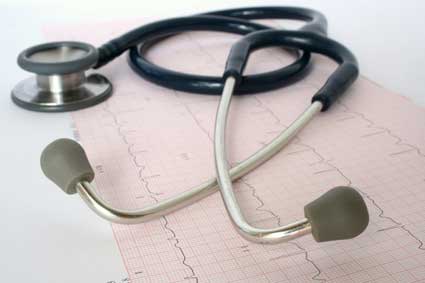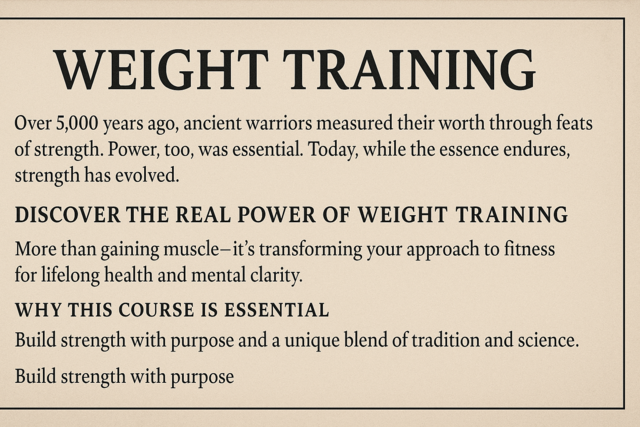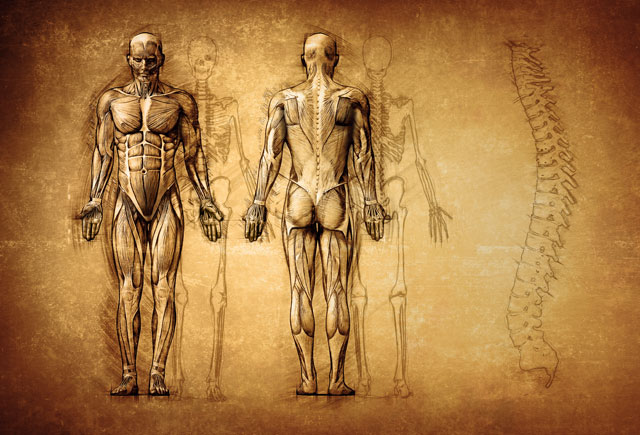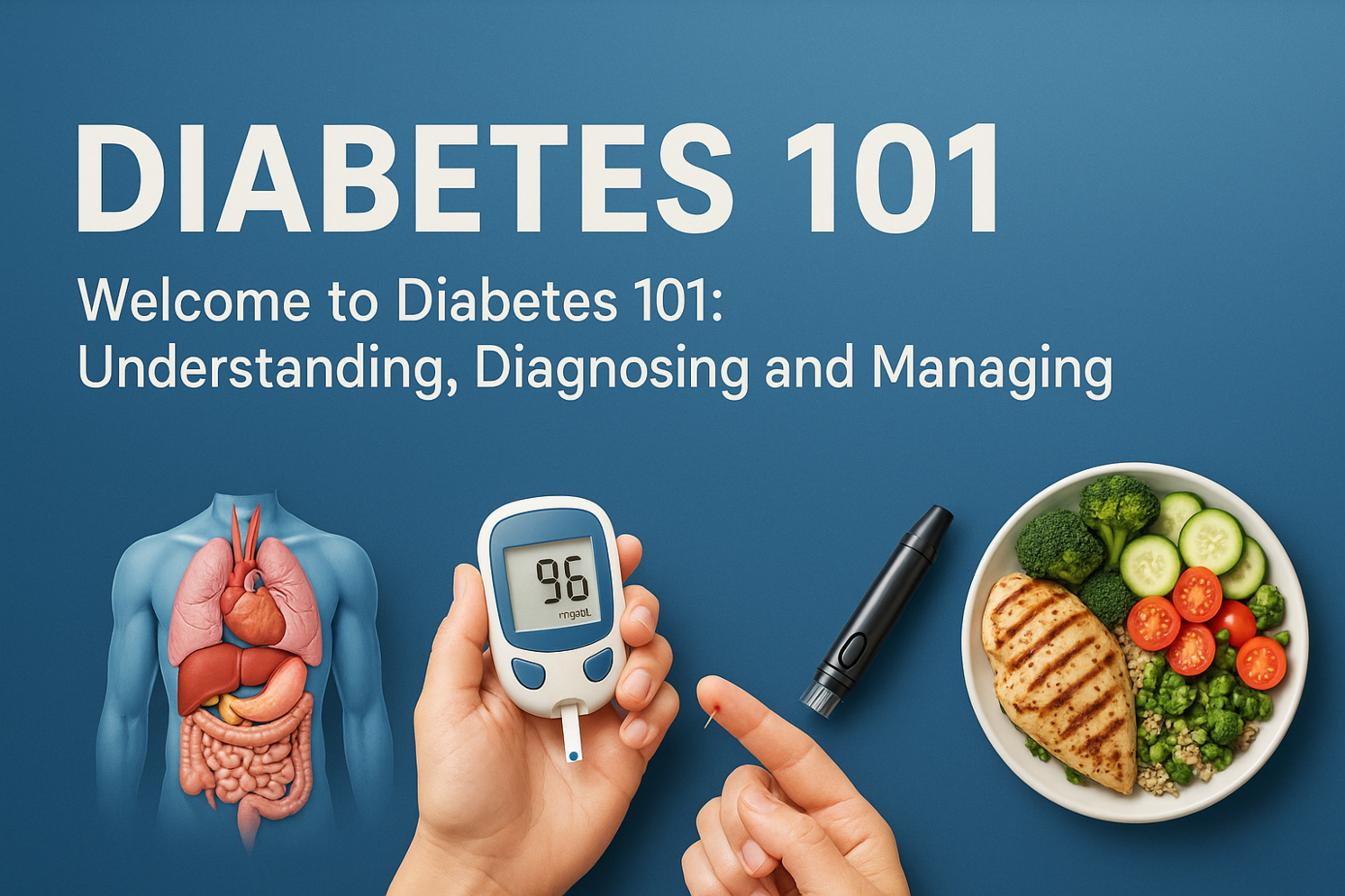Article Objectives
While some may relegate the term "good health" to mean a lack of illness and disease in the body, the true definition is much more inclusive. You may have heard of the saying, "A healthy mind, body, and spirit." This is a better description of health, as it is possible to have a healthy body and still suffer from mental or emotional illnesses. This view is upheld by the World Health Organization (WHO), which has defined health in the following manner:
"Health is a state of complete physical, mental, and social well-being and not merely the absence of disease or infirmity."
This definition is important to understand, as many people suffer from mental or emotional health issues, but seem completely normal on the outside. Unfortunately, this may at times delay diagnosis and much needed treatment. However, by familiarizing yourself with the various ways that the mind and emotions can cause illness, you will hopefully fortify yourself against this and also be able to recognize and help others who may be suffering.
The definition of mental health according to the WHO:
"Mental health is not just the absence of mental disorder. It is defined as a state of well-being in which every individual realizes his or her own potential, can cope with the normal stresses of life, can work productively and fruitfully, and is able to make a contribution to her or his community."
Emotional Health
Emotional health is defined as:
Having the resilience to face the challenges that occur in life.
And,
A positive sense of wellbeing which enables an individual to be able to function in society and meet the demands of everyday life; people in good mental health have the ability to recover effectively from illness, change, or misfortune.
The Link between Mental and Emotional Health
As you can see, the definitions of mental and emotional health are very similar. It is possible that emotional imbalance, if not addressed properly can escalate into a mental health disorder. Conversely, if someone suffers from a mental health disorder, there are often emotional elements involved, such as fear, isolation, and anxiety. Because of the close relationship, many of the treatment options for dealing with mental or emotional problems are interchangeable.
Do you agree that mental and emotional health are largely connected? Why or why not?
One of the major reasons why the two areas of health are so intertwined is that the brain is responsible for secreting many of the hormones (chemicals that carry messages to your organs and tissue) which dictate mood, emotional balance, and stress response. If there is an overproduction or underproduction of key hormones, this can make it hard for a person to deal with normal life, let alone extreme stress and hardship. Chemical imbalances in the brain can also cause a person to lose touch with reality, become compulsive or having any number of other mental disorders.
Below we'll take a look at key hormones that are play a role in mental and emotional balance.
Norepinephrine is both a neurotransmitter (transmits messages between nerve cells and to different parts of the body) and a hormone (regulates the function of various glands and organs) is produced in the adrenal glands. It is also called Noradrenalin, because of its similar ability to increase energy as does adrenalin. The primary job of norepinephrine as a neurotransmitter is to regulate the heart rhythm. As the amount of norepinephrine that is released into the body increases, so does the heartbeat.
As a hormone, norepinephrine is released from the adrenal gland and it also helps to increase the heart rate, causes extra energy stores to be deposited into the blood and activates the body's fight or flight response. As you can imagine, this hormone is activated in situations where you feel danger or a high level of anxiety, as it kicks in to give you the energy to protect yourself in those circumstances.
As a hormone, norepinephrine also affects your mood and is a key hormone required to avoid depression, but it must be kept in good balance. A sudden, rapid rise of norepinephrine can cause panic attacks. A somewhat high level makes you happy, and a really high level makes you euphoric. On the other hand, chronic low levels of norepinephrine can cause depression and anxiety, while continuous high levels have been linked to schizophrenia.
Dopamine, as you can probably tell from the name, can have a great effect on the way we feel. Dopamine is the neurotransmitter which is responsible for the feeling of pleasure we receive when accomplishing something or being rewarded. When dopamine is released we feel an almost euphoric high and it is very pleasant to the body and emotions. The feelings that accompany dopamine release reinforces good outcomes and positive behavior, contrary to the stress and increased heartbeat one may feel when doing something bad or being punished.
Dopamine release is a key component in training children to behave through positive reinforcement and reward. Unfortunately, makers of drug and alcohol products are aware of the effects of dopamine as well. They make their products in such a way that they trigger dopamine receptors in the brain and cause similar feelings of bliss. This, in addition to them being highly addictive, is why someone may continue to use these substances, although they know intellectually that they are not good for them. Too much of anything can be harmful and in the case of drug addiction, continued dopamine secretion helps to aid in maintaining the addiction. This is one of the reasons why withdrawal symptoms are so severe when someone tries to quit; their body has become dependent on the constant trigger of the feel good effects of dopamine.
Cortisol is famously known as the stress hormone. It is secreted from the adrenal glands and in moderation is beneficial in helping you to get through stressful situations. Cortisol provides a boost in energy, increased memory capacity, temporarily enhances immune function, and give a person the ability to tolerate pain better. These elements come in handy when in competitions, studying for exams, and when dealing with harsh weather conditions.
While cortisol is a highly beneficial hormone, it is important that after the period of exertion, the body's relaxing hormones are allowed to take over. The body is not designed to be in such a heightened state continuously and naturally seeks to bring about balance. The problem occurs however, when you have so much stress in your life that you are producing cortisol almost continuously. When the body is not allowed to revert to a relaxed mode due to ongoing nervous system stimulation, the result is a condition known as chronic stress.
Chronic stress is arguably one of the biggest contributors to disease in Americans and can lead to weight gain, heart disease, stroke, thyroid disease, mental illness, reduced cognitive function, autoimmune diseases, and much more.
Adrenalin is probably the most well known hormone and is also a neurotransmitter. It is activated by the fight or flight mechanism and performs many functions, including increasing the heart rate, dilating blood vessels, and increases breathing capacity. All of these are helpful when you are called to respond hastily to a real or perceived danger.
As with some of the other hormones mentioned, adrenaline is meant to be used sparingly. However, if you live in a constant state of stress or worry, you are overloading your body with adrenaline and not allowing your sympathetic nervous system to rest and regroup. Some of the effects of ongoing adrenaline response include tremors, trouble breathing, anxiety, and abnormal heart rhythms.
The hormones listed above are amongst the highest contributors to mood imbalances and full on mental and emotional illness. In a normal state, the hormones all work together to maintain a stable environment, mental clarity, and an even mood. However, with the tremendous amount of stimuli and pressure that we are exposed to in modern life, it is easy to see how our hormonal responses have become unbalanced. It is important to understand not only the warning signs of such disorders, but also know how to get help in alleviating them.
~Check In: Section 2.
Were you previously aware of any of the hormones listed?
If you play sports, have you ever recognized the rush of adrenaline that accompanies competition?
Have there been times when you have felt out of balance? What was the situation and how did you resolve it?
Conclusion
The human body is a complex mechanism with a delicate chemical balance that is regulated by hormones and neurotransmitters. Unfortunately, sometimes the balance is upset, which can lead to feelings of anxiety and full blown mental illness. Most treatments for emotional or mental conditions focus on restoring hormonal balance in the body.






























